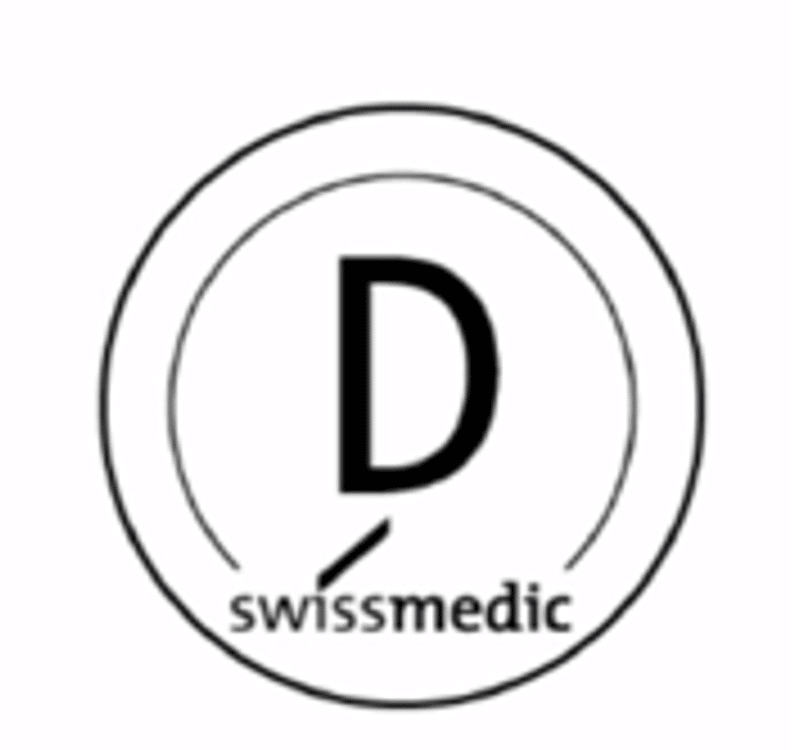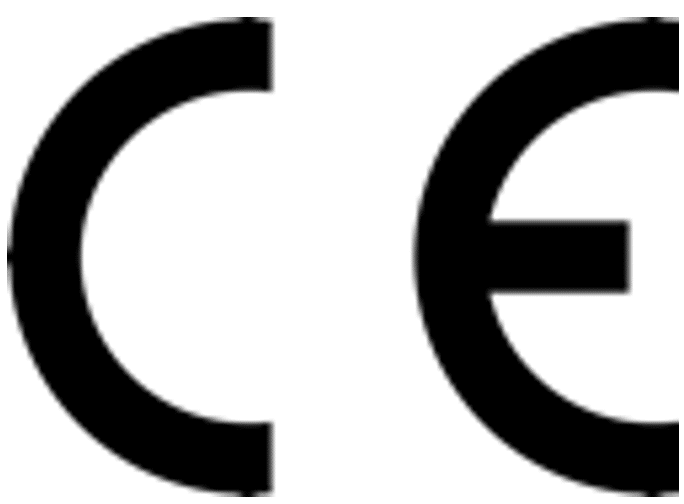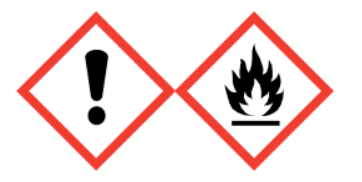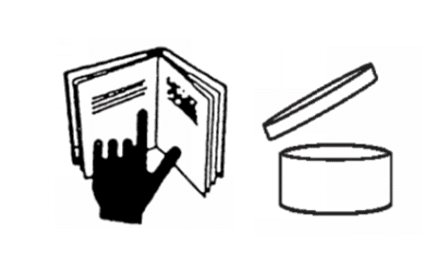
The intended use and form of application determine which Swiss law the product falls under. This page gives an overview of the laws that apply to essential oils.
In other words: depending on how the essential oil is used, it is subject to different legislation. The bottle must therefore be labeled and handled differently. Here is a brief overview of the individual laws:
Therapeutic Products Act (SR 812.21)
If an essential oil is touted for health or describes one of the following uses, the Medicines Act comes into force:
- For a specific indication such as cough, back pain, etc.
- when taken internally
- for inhalations
- or external use with concentrations higher than 3%
It is now a drug or medical device. The medicinal product must either be approved by Swissmedic (e.g. Gelo-Myrtol capsules, Gaspan capsules, Lasea capsules) or may be dispensed in drugstores and pharmacies as an ad-hoc / in small quantities without authorization (as well as magistral and pharmacy prescriptions).
The essential oils must correspond to the pharmacopoeia monographs.

Medicines are only authorized in Switzerland if they have been authorized by Swissmedic. For example the symbol visible in the picture for an over the counter product from List D, available in pharmacies and drugstores.

The symbol for a medical product – without official approval. Are monitored by the Swissmedic market.
Chemicals Act (SR 813.1 and SR 813.11)
Most over-the-counter essential oils are subject to the Chemicals Act or the Chemicals Act. For this reason, the corresponding hazard symbols (= pictograms), the signal word («Attention», «Danger») and the safety instructions (H and P phrases) are shown on the label.

Possible pictograms, which can be found on an essential oil label with the signal word, further hazard and safety instructions.
These fragrances may only be used for room fragrancing, internal consumption is prohibited!
No advertising that corresponds to a remedy claim may be made.
Furthermore: The Biocidal Product Ordinance (VBP) must be looked at as a biocidal product or as a repellant. These are subject to approval! If advertising is made, the sentences in Art. 50 of the VBP must be applied.
Cosmetics Act (VKos; SR 817.023.31)
If an essential oil is used in a cosmetic product, the food and commodity law applies. An example of this would be a manufactured massage oil.
It is important that the concentration of the essential oil in cosmetics must not exceed 3%. This would be, on average, 30 drops per 50ml carrier oil.
Well-being praises are allowed, but not medical ones. The term “aromatherapy” is also not allowed.

Possible pictograms that can be found on cosmetic products.
Food Act (LKV, SR 817.022.21 )
If an essential oil is used to flavor dishes in the kitchen, this is subject to the food law. Promises of healing are not allowed.
Important note: Even with essential oils labeled “foodstuffs”: Before you use essential oils internally in your food, attend a basic course at a reputable training and further education company. Knowing what to look out for and how to use them is important!
More information
In Switzerland, the cantonal guidelines must be taken into account, for example when it comes to disposal. You can find further information depending on your questions:
| Chemicals law | Chemsuisse |
| Food and Cosmetics Law | Cantonal chemist |
| Therapeutic Products Act | Canton pharmacist |
It is very important to study the respective laws. Further information can be found on the leaflet “Classification of essential oils – differentiation criteria” or from Chemsuisse ( leaflet D05 – currently being revised ).
This article was written in close contact with ChemSuisse.



